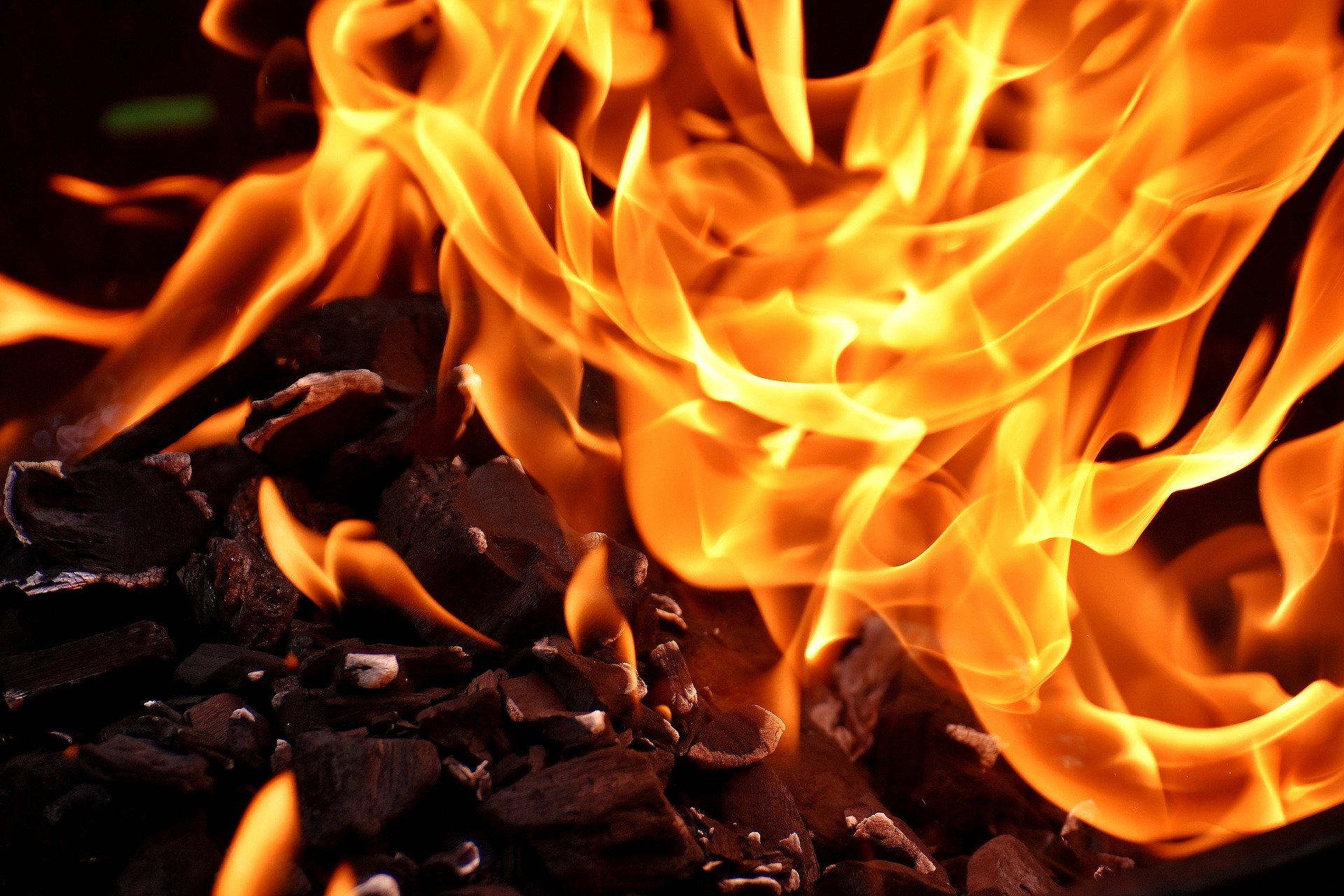Police responded to a report from a local Long Beach business of an unwanted man inside. When officers arrived at the business they discovered smoke coming from within. Firefighters were then called to douse the blaze, after which deputies entered the business to investigate. The suspect was taken into custody without incident and charged with several crimes, including arson, obstruction, burglary, and being a felon in possession of ammo. He was taken for booking and processing and currently being held in lieu of $75,000 bail.
Arson is covered under California Penal Code 451 PC and can be charged when a person willfully and maliciously sets fire to, burns, or causes to be burned OR aids, counsels, or procures the burning of any structure, land, or property.
Examples of Arson:
- Setting someone else’s property ablaze (such as their car) as an act of revenge
- Intentionally causing a wildfire by throwing lit cigarette butts, matches, or other incendiary devices into the brush
- Setting fire to a business in order to collect on insurance money
As you can see from the examples above, to be charged with arson, the circumstances surrounding the incident need to reflect the fact that the suspect purposely lit the fire. When someone starts a fire by accident, and it can be proven that the act was accidental, they probably won’t be convicted of arson. However, being able to prove that the starting of the fire was not intentional doesn’t mean the suspect won’t be charged with a crime. If a fire is started accidentally, due to negligence, it’s possible to be hit with the lesser charge of reckless burning.
Arson under California Penal Code 451 PC is always a felony, and the potential penalties include 16 months to 9 years in state prison, depending on the type of property that was burned, the circumstances of the case, and whether anyone was injured.
If someone is hit with the lesser charge of reckless burning under California Penal Code 452 PC, they face the potential penalties of up to six months in county jail and/or a fine of up to $1,000.






